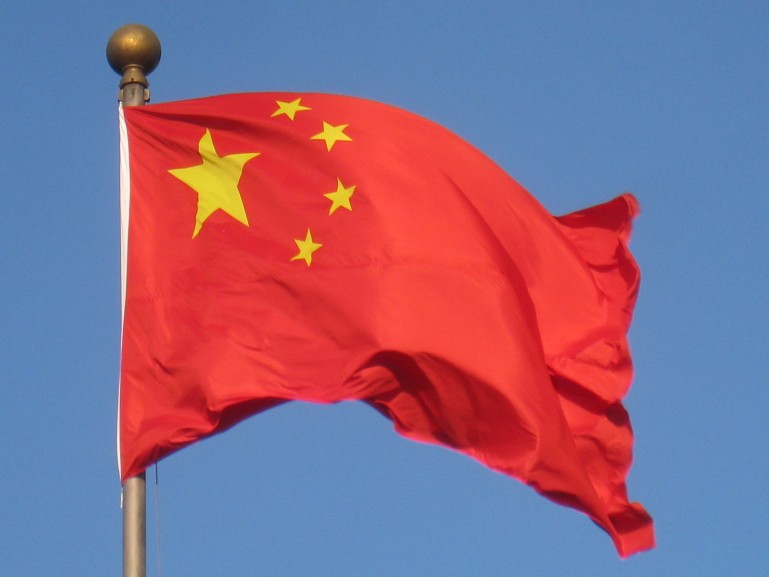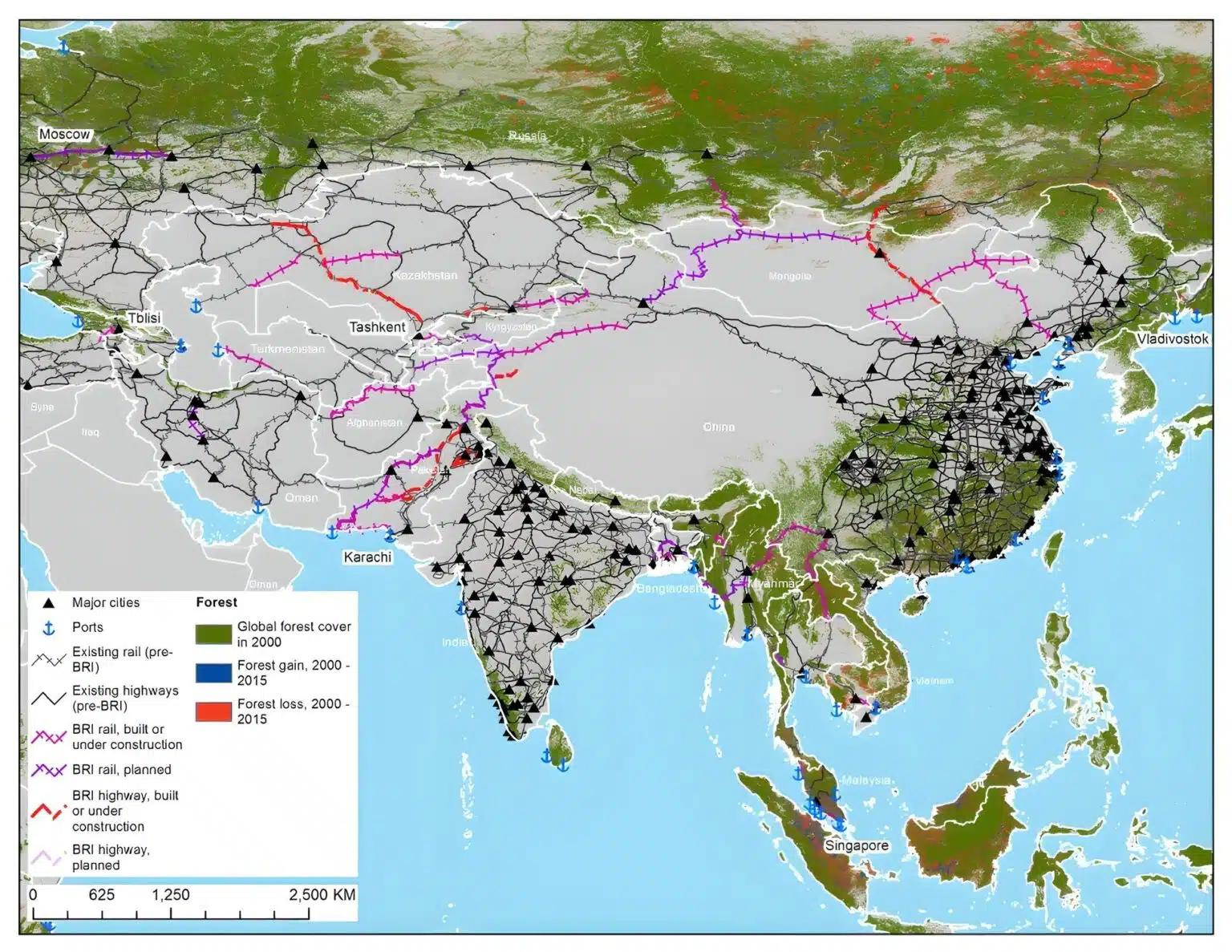

19.07.2024
China is a major player in global trade and one of the EU's main suppliers of furniture, plywood panels, cartons, etc. It is also the latest country to oppose the EUDR (European Union Deforestation Regulation), refusing to share geolocational data due to "security concerns." According to GD Holz, the German timber trade association, the world's two largest forest markets (China and the United States) remain at an impasse over these rules.

This situation comes just days after the Biden Administration increased pressure on the EU to delay implementing these "impossible standards," after 27 senators warned that the new rules amounted to a "non-tariff trade barrier" and could end the $3.5 billion forest product trade between Europe and America.
"The EU has made its stance clear in discussions with the Chinese government and suppliers," GD Holz said, adding that "it is unequivocal that imports without coordinates were not possible and that there would be no exceptions for countries like China."
No statements were made about attempts to solve this problem, underscoring the EU’s determination to uphold its policies.
A Chinese withdrawal from the EUDR rules, set to take effect in December, could have enormous consequences on global supply chains for timber, paper, and pulp products. Through the Belt and Road Initiative, China controls more than 30% of the global supply chain of forest products, consolidating its crucial role in the industry.

Under China’s Belt and Road project, more than 30% of the global supply chain of forest products will be directly impacted by Chinese industry, covering the planting, production, manufacturing, and distribution of products worldwide. (Photo Credit: Brookings Institute)
China's concerns come after twenty (out of 27) European Agriculture Ministers called for the rules to be delayed due to concerns about global supply chains, echoing warnings from government officials in Australia, New Zealand, Brazil, Indonesia, and Malaysia.
EUDR is perhaps one of the only core issues that have unified the United States and China, the two largest producers of forest products, who remain profoundly at odds on how people and economies should be governed.
In a letter co-signed by Trump-supporting Republicans, Biden-supporting Democrats, and Independents in the American South, the United States (like China) flagged concerns with geolocational mapping: "The EUDR imposes a geolocation traceability requirement that mandates sourcing to the individual plot of land for every shipment of timber product to the EU," the senators warned in a letter to Ms. Tai.
Under Chinese law, geographic information is restricted to entities with special authorization from the administrative department for surveying and mapping under the State Council – and given the current geopolitical climate, it seems unfathomable that China will provide the EUDR authorities with this data.
The regulation will assign regions within countries inside and outside the EU a low, standard, or high-risk level associated with deforestation and forest degradation. This risk classification will guide the obligations of various operators and the authorities in member states to perform inspections and controls. Consequently, this will streamline monitoring for high-risk regions and simplify due diligence processes for low-risk regions.
Authorities responsible for these areas must inspect 9% of operators and traders dealing with products from high-risk regions, 3% from standard-risk areas, and 1% from low-risk regions. This inspection aims to confirm whether they are effectively meeting the obligations stipulated by the regulation.
Further, these competent authorities will inspect 9% of relevant goods and products either placed on their market, made available, or exported by high-risk regions.
Lastly, the EU plans to enhance its cooperation with partner countries, focusing primarily on high-risk areas.
The impasse between China and the European Union over the EUDR could have profound repercussions on the global trade of forest products. The EU's determination to enforce these rules despite international opposition underscores the complexity of environmental and trade challenges in an increasingly interconnected world.